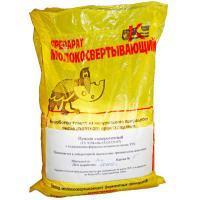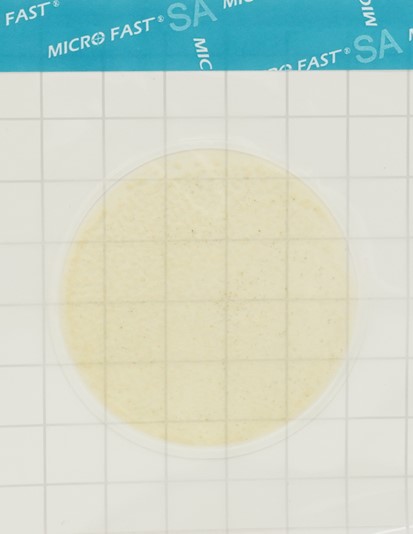Manufacturers of plant-based alternatives are asking for industry support
The Association of Alternative Food Manufacturers (APFA) and the Plant-Based Products Alliance have asked for industry support. The letter addressed to industry associations of producers of traditional food products, the Russian Union of Industrialists and Entrepreneurs, the Agroexport Center and others states that the industry is highly dependent on imports, packaging is becoming more expensive, and suppliers have also transferred enterprises to full prepayment for raw materials, according to a joint press release. union release.
The association and the union believe that it is important today to ensure that import customs rates are adjusted or other regulatory measures are applied to critical imported ingredients. In the current situation, it is expedient for them to temporarily zero the import duty, the press release says. In addition, it is necessary to limit the margins on feedstock used by processors and producers of plant alternatives in the Russian market.
It is also important to continue the implementation of manufacturers' plans to enter foreign markets, which will help strengthen the Russian economy. We are talking about the countries of Asia ( CHINA , Singapore, etc.) and the Middle East (the MENA region). “Domestic business needs support – it is necessary to provide for compensation for logistics costs,” says Valeria Rodina, Executive DIRECTOR of the Union of Plant-Based Products Producers.
Director General of the Institute for Agricultural Market Studies (IKAR) Dmitry Rylko says that there is support for exporters in RUSSIA, so in this regard, producers of plant alternatives can count on help. But, in his opinion, such products are still aimed not at developing countries, but rather at developed ones: this segment is not at all about cheapness, it is about the commitment to a healthy lifestyle of people with fairly high incomes, the expert emphasizes. Therefore, it is unlikely that the consumption of alternatives will grow against the background of the expected decline in living standards in the country.
The main issue now facing the market of alternatives is the ability to maintain the production of their products, says Andrey Zyuzin, Deputy Chairman of the Committee for Investments, Development Institutions and EXPORT Support of the RSPP. “And here the proposals of association and union are quite justified,” he adds.
It also applies to another request: people should eat healthy food in the current conditions, so financial support for the industry will not hurt and will help contain price increases for a population whose real disposable income is declining due to inflation. “I think that manufacturers, in case of receiving certain benefits, will be able to keep prices and bring products from the premium segment to the affordable one,” Zyuzin commented.
The production of alternatives in Russia has already reached a good level, so there should be no fundamental problems with the continuation of its production, he believes. The issue with the supply of ingredients may arise, but they are not so complex in terms of technology that they cannot be produced in our country. “My understanding is that plant-based alternatives are targeting overseas audiences in developed countries. But while there is a rather high uncertainty, it is difficult to say how the industry will develop in the new realities,” says Rylko.
Over the past three years, Russian manufacturers of plant-based alternatives have made great progress, says Aleksey Ivanov, coordinator of the Eat Better project. So, more than 20 new brands have appeared, and the range of products from soy sausages and sausages, which have been on the market since the early 2000s, has expanded to vegetable jerks, cutlets, not inferior in taste to Beyond MEAT, and alternatives to bacon and salmon. Some companies have plans to develop innovative products such as plant-based fermented alternatives to eggs and dairy products.
“This year we expected even greater pace of development of the industry. However, due to recent events, instead of focusing on further innovation, many companies will have to first address the issues of how to restore supply chains and not raise prices too much. Small startups may face the question of business survival,” Ivanov commented.
According to last year's study by Eat Better and the NAFI think tank, the lower price of alternatives compared to traditional products was among the top three reasons why Russians are willing to buy plant-based alternatives, he continues. Despite the fact that at the moment the share of alternatives is 1-2% of the entire market, the potential is much higher. Even last year, about 30% of Russians bought vegetable alternatives from time to time.



























































